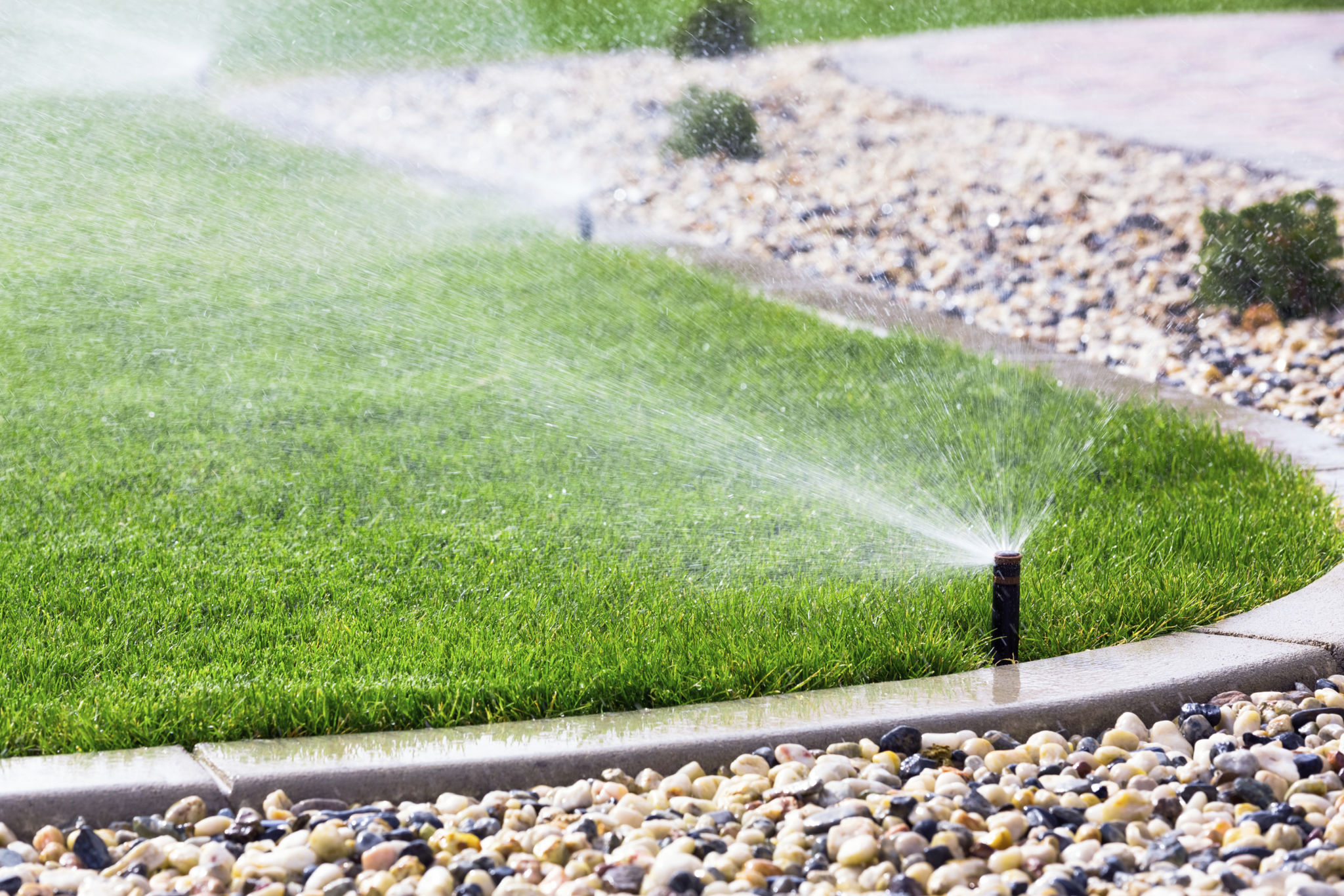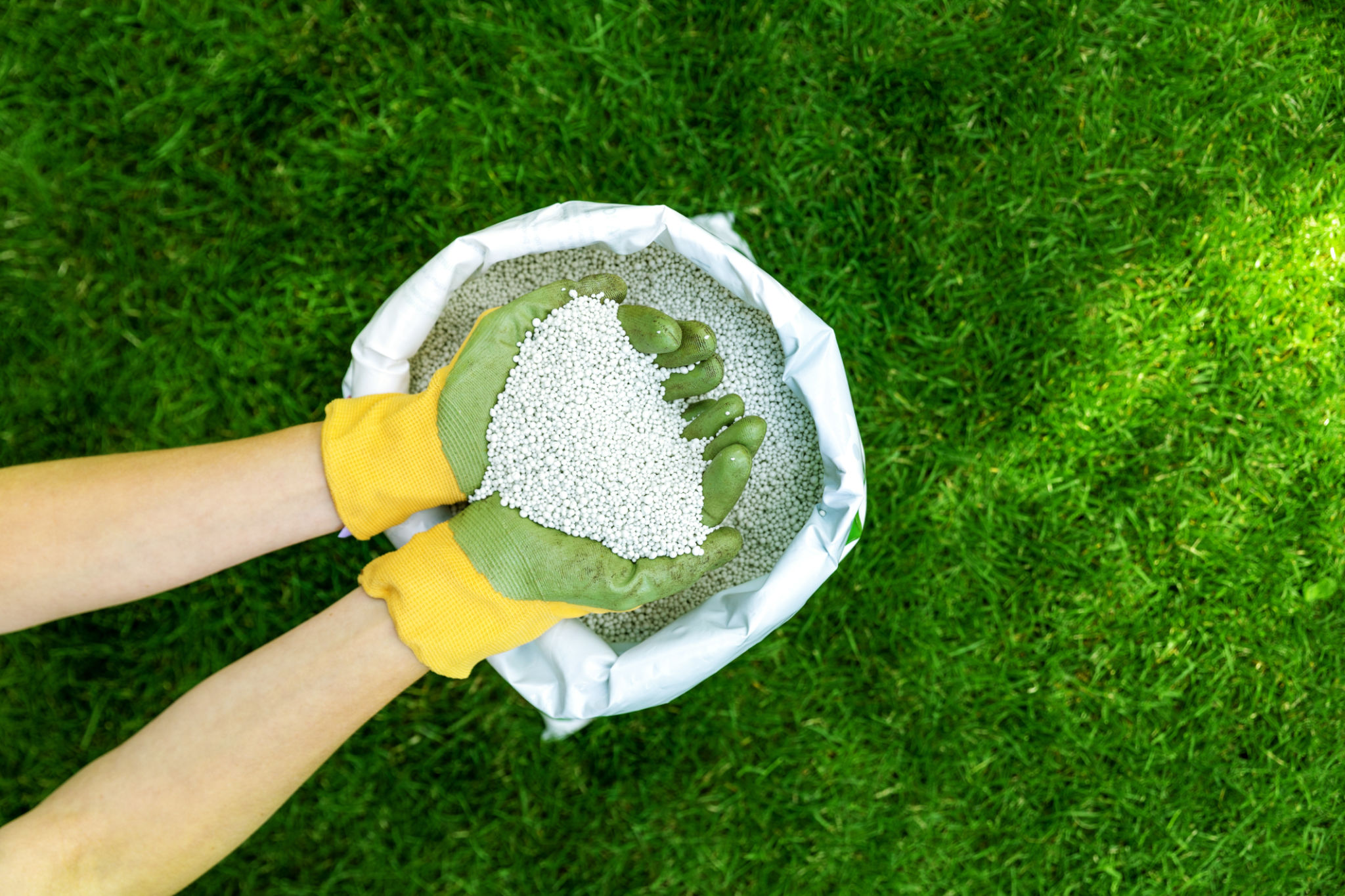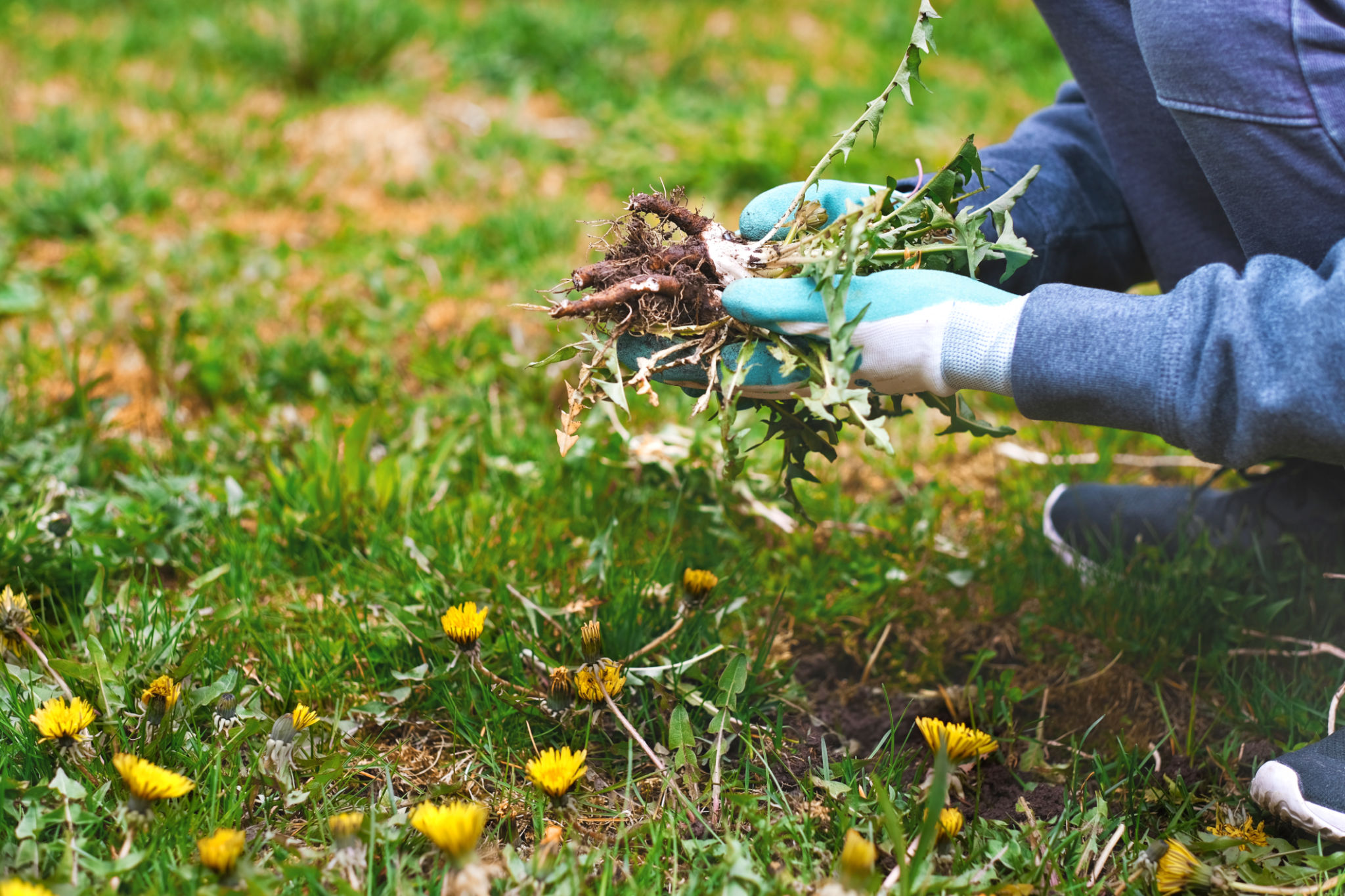Common Lawn Care Myths Busted: Expert Insights from Kiss My Grass
Maintaining a lush, green lawn is a goal for many homeowners, but it's easy to fall prey to common lawn care myths that can lead you astray. At Kiss My Grass, we've encountered numerous misconceptions that often do more harm than good. Here, we debunk some of the most prevalent myths and offer expert insights to help you achieve the perfect yard.
Myth 1: Watering Daily Is Essential
One of the most widespread myths is that lawns need to be watered daily to remain healthy. In reality, grass only needs about 1 to 1.5 inches of water per week, including rainfall. Overwatering can lead to shallow root growth and increase the risk of disease.
It's best to water deeply and infrequently. This encourages the roots to grow deeper into the soil, making your grass more drought-resistant. Try watering early in the morning to minimize evaporation and fungal growth.

Myth 2: Shorter Grass Is Healthier
Many believe that mowing the lawn as short as possible will reduce the frequency of cuts and promote healthier grass. However, cutting your grass too short can stress it and make it more vulnerable to weeds, pests, and drought.
For most grass types, keeping the height around 3 inches is ideal. This length allows the grass to retain moisture better and develop a robust root system. Remember to keep your mower blades sharp to ensure a clean cut and prevent damage.
Myth 3: Fertilizer Can Be Applied Anytime
While it's true that fertilization is crucial for a healthy lawn, timing is everything. Fertilizing during the wrong season can lead to unnecessary growth spurts or nutrient loss. Generally, the best time to fertilize is in the fall when grass roots are actively growing, but spring applications can be beneficial as well.

Make sure to choose a fertilizer that matches your grass type and local climate conditions. Applying the correct amount is just as important as timing, so follow label instructions carefully to avoid over-fertilization, which can harm your lawn.
Myth 4: All Weeds Are Bad
Not all weeds are detrimental to your lawn's health. Some, like clover, can actually benefit your grass by fixing nitrogen in the soil, reducing the need for chemical fertilizers. Instead of indiscriminately eliminating all weeds, focus on controlling those that compete aggressively with grass for resources.
Spot treatment with herbicides can be effective for controlling specific problematic weeds without damaging other parts of your lawn. A healthy lawn is often the best defense against weed invasion.

Myth 5: Leaving Clippings Is Harmful
Many believe that leaving grass clippings on the lawn after mowing contributes to thatch buildup, but this is not true. Clippings decompose quickly and provide valuable nutrients back into the soil.
Mulching mowers are designed to chop clippings finely, which enhances their decomposition process. By recycling these nutrients, you reduce waste and improve soil health naturally.
Busting Myths for a Greener Lawn
By understanding and debunking these common lawn care myths, you can cultivate a healthier and greener yard. At Kiss My Grass, we're committed to providing accurate information and expert insights to help you achieve your lawn care goals.
Remember, every lawn is unique, so adjust these tips to fit your specific conditions. With the right practices in place, you'll enjoy a lush landscape that's both beautiful and sustainable.
